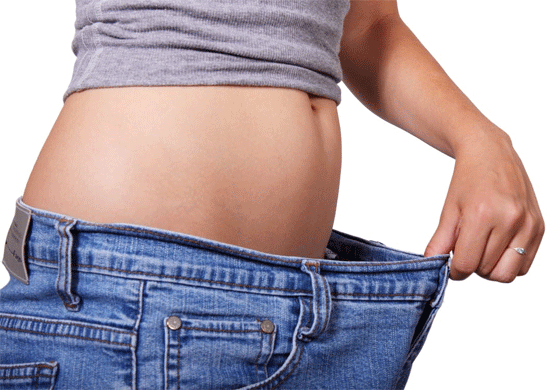
Eat Fat and Enjoy your Food
Eat when you are hungry and stop when you are full!
Get to know more about Fats
If you eat too much fat, your body will have a problem using the fat that is stored in your body. Your body will not need to use the stored fat, because you are constantly supplying fresh supply.
Just because it is required to eat fat in the ketogenic diet it does not mean that you have to binge with fatty foods, fatty snacks. Eat only until you feel that you are not hungry anymore and if you ate enough fat - you will stay satiated for a longer period of time.
So you just started to follow the ketogenic diet and you learned that you can eat fat. This is a new concept. We learned throughout the years that fat is not good and we have to watch for the cholesterol. But when we get introduced to the ketogenic diet we suddenly learn that we can have fat! FAT! And it gets confusing. When it is mentioned 70% of fat and 25% of the rest and moderate protein. How much 70% of the calories is right?
Fatty foods are rich in calories. Fat is an essential component of the ketogenic diet and must be consumed, but how much is 70%?
If we compare vegetables against fat, we know that a large head of lettuce does not contain the amount of calories that butter has. So for that reason we must consume a larger amount of vegetables compared to the amount of fat. 70 is the number in percent not grams or amount of anything. Fat is always richer in calories, so use fat wisely. Do not over do it. Just because it is required to eat fat in the ketogenic diet it does not mean that you have to binge with fatty foods, fatty snacks. Eat until you feel that you are not hungry anymore and if you eat enough fat, you will stay satiated because fat suppresses your appetite and your breaks from one meal to another can be longer. If you like cream in your coffee – think – two tablespoon of cream are enough not to drink the coffee black.
What is considered fat? Here is a small sample of fatty foods:
- Avocado
- Coconut oil
- Fatty cuts of meat, poultry, seafood
- Full fat cheeses
- Ghee
- Heavy cream
- Nuts
- Olives
- Olive oil
- Real butter
- Sour cream
- Whole-plain Greek yogurt
If you eat too much fat, your body will have a problem using the fat that is stored in your body. Your body will not need to use the stored fat, because you are constantly supplying fresh supply. Weigh yourself, and see what happens on the scale. Sometimes when you do you will see that you gained weight. Maybe you had too much fat. I think that following the ketogenic diet is like finding a radio station on a dial. You turn the knob slowly to the right or to the left to find the station. This is how you do with the food. You try and eat a little more or a little less and see what happens.
And protein? How much is a moderate amount of protein?
Again, moderate amount is not percent or grams. Here is an excerpt from the Diet Doctor website:
Expert recommendations vary between 0.6 – 2 grams of protein per kilogram of body weight per day.
That’s between 40 grams – 136 grams of protein per day for someone who weighs 150 pounds.
Yes, it’s a wide variation. So how do you know how much you should eat? And how much protein does that look like?
Here’s how:
1. Look at the size of your palm.
2. That’s around 3 oz of meat or approximately 21 grams of protein.
It is not a perfect way to measure. But it’s a good start.
3. Eat less protein if you’re not losing weight, eat more if you feel weak.
What is a good fat
Watch Dr. Sarah Hallberg talk about it.
